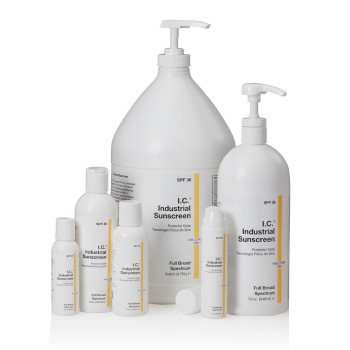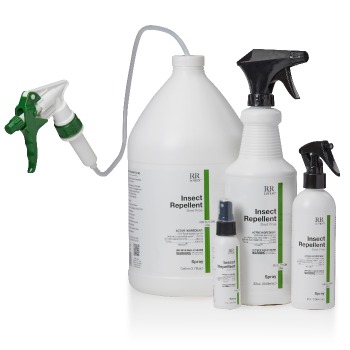I’d Rather Be Bitten by a Dog, than by a Mosquito
By: Richard Rich
The postman’s creed reads, “Neither snow, nor rain, nor heat, nor gloom of night, stays these couriers from swift completion of their jobs.” The linemen creed should be, “Neither hurricanes, snow, floods, tornados, earthquakes, fires, lighting, and ice storms, day or night, stays these men and women from swift completion of their jobs.”
Utility line work is one of the top 10 most dangerous jobs in America. The job is very dangerous and has twice the fatality rate of police and firemen. Meanwhile, after a storm hits, the public is wondering, “Why is my power still off?”
Utility companies are aware of the hazards of dealing with live wires and heavy equipment and trying to protect their employees; but there is a hidden danger, the sun. Utility workers having to work all day in the sun are exposed to harmful UVA rays. Reflecting off water or snow could increase the dose of these cancer-causing rays. The difficulty with skin cancer is that it may not show up until later in their career, or in retirement. There are over 5 million diagnoses of skin cancers each year; more than breast, prostate, lung and colon cancers, combined.
The Cure: The correct sunscreen should be a physical, full broad spectrum sunscreen, SPF 30+, 80 minute water resistant and use the active ingredient, zinc oxide. This reflects the sun’s rays from ever entering the skin; keeping the utility worker cooler during a hot day. A spray sunscreen should never be used around the work site. They contain up to 70% denatured alcohol as a propellant, which is “highly flammable” and can destroy the utility worker’s FR protective clothing. Another unforeseen danger to the utility workers are “Vector Borne” diseases, caused by the bite of an infected insect. Insect species can include: mosquitos, ticks, sand flies and black flies. Some consider mosquitos the most dangerous animal on earth because they transmit diseases such as malaria, zika virus, West Nile virus, dengue fever and chikungunya. Ticks can transmit Colorado tick fever, Lyme disease, Rocky Mountain spotted fever and Powassan. These diseases are serious and 15% of people infected can die.
The Cure: The correct insect repellent should be EPA registered “nonflammable” bio pesticide. A pesticide that offers the utility worker 8-hour protection against “Vector Borne” diseases. This repellent should not harm plastics, test equipment, protective clothing or utility gloves. A product that you can reapply 3 times in a 24-hour period and not have to think about washing off at the end of the day. It should not stain the worker’s clothing. This material should also be biodegradable, odorless, greaseless and environmentally friendly. Spray insect repellents, while easy to put on, are highly flammable and the worker should never inhale the propellant because they could be harmful to his or her body. The dangers to the outside utility workers can be reduced by using the latest technological insect repellents. Both need to be ASTM D 120 (Linemen’s Glove) & ASTM F2621 (FR Clothing) compliant.









